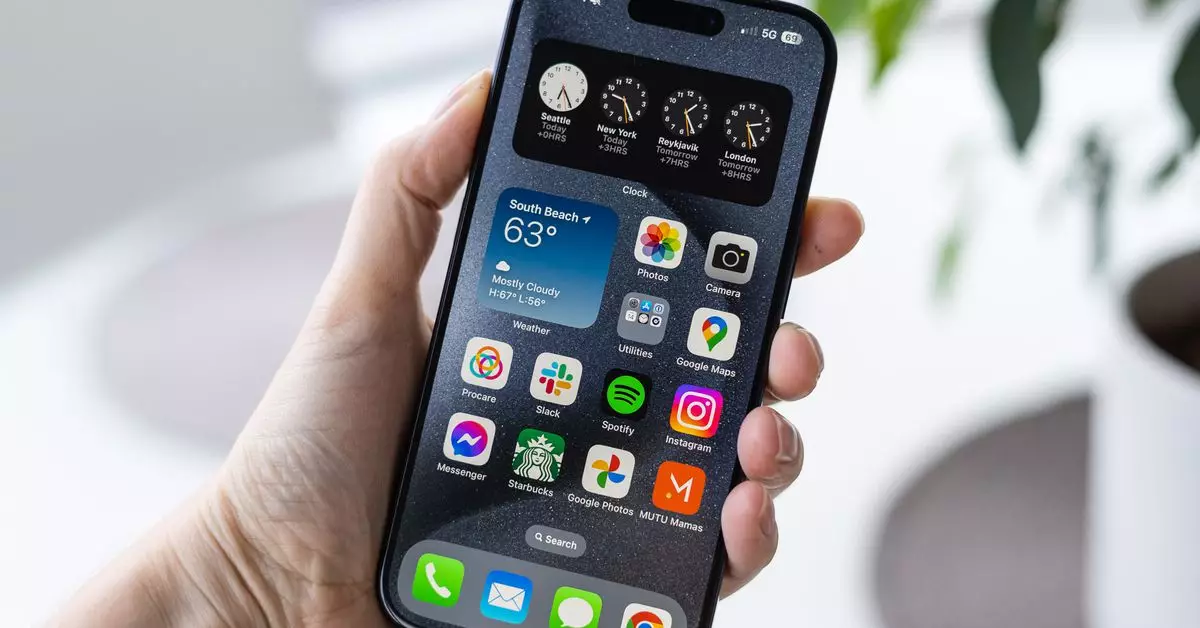Apple has recently announced new updates that will allow iPhone and iPad users in the European Union to choose default apps for phone calls, messaging, keyboards, password managers, and more. These changes are set to be implemented later this year in a new “Default Apps” section in the Settings. Furthermore, by spring of next year, Apple plans to introduce the option for users to set default navigation, translation apps, and call spam filter apps. This move signifies a significant shift in Apple’s approach towards customization and user control.
Ability to Delete Pre-installed Apps
In addition to the new default app options, iPhone users in the EU will now have the ability to delete the App Store, Messages, Camera, Photos, and Safari apps from their devices. However, it is worth noting that Apple will retain control over certain essential apps such as Settings and Phone, which cannot be deleted. This change reflects Apple’s efforts to provide users with more flexibility and autonomy when it comes to app management on their devices.
Apple has also made some small adjustments to the browser choice screen that appears when a user opens Safari on their iPhone in the EU. The updated browser choice screen will now allow users to install alternative browsers such as Firefox, Chrome, or DuckDuckGo more conveniently. Users with Safari set as their default browser will be required to scroll through the entire list of default browsers before making a selection. Moreover, Apple will display the browser’s App Store caption on the choice screen, providing users with more information about their options. Additionally, developers of the listed browsers will receive access to more data about the performance of the choice screen, enabling them to optimize their offerings for users.
These recent updates from Apple demonstrate a commitment to expanding user control and choice within the iOS ecosystem. By allowing users to set default apps for various functions, delete pre-installed apps, and choose alternative browsers more easily, Apple is empowering users to personalize their device experience according to their preferences. Furthermore, by providing developers with more data and improving transparency in the app selection process, Apple is fostering a more competitive and diverse app ecosystem for users in the EU.

